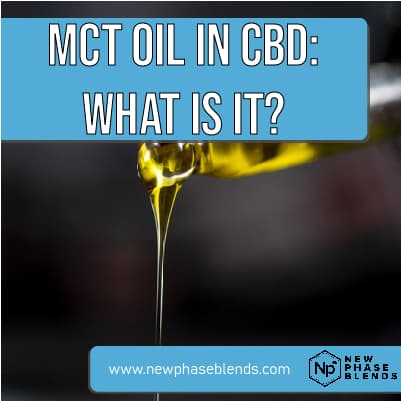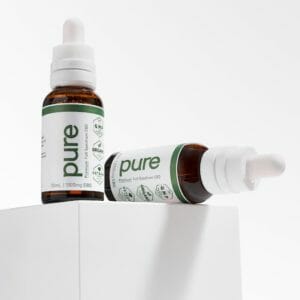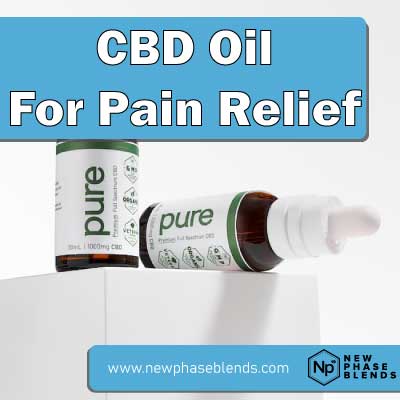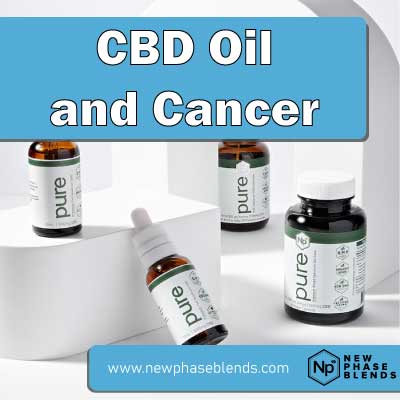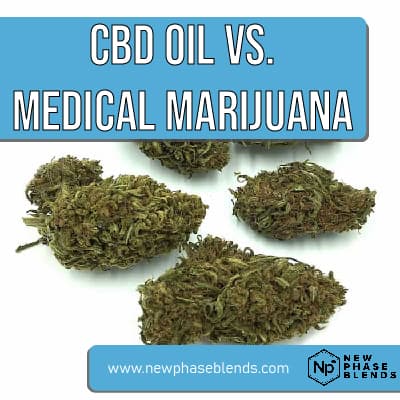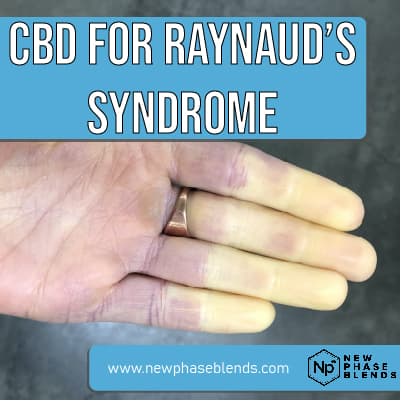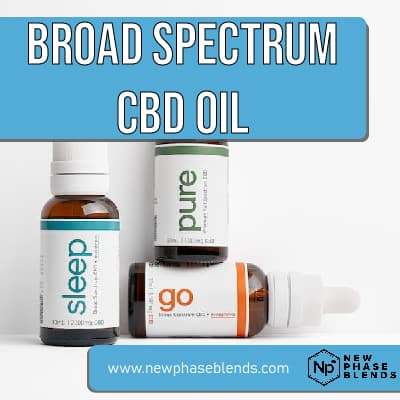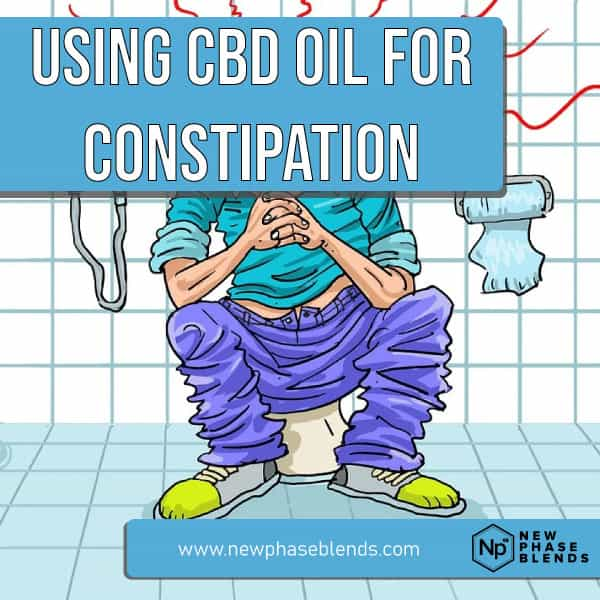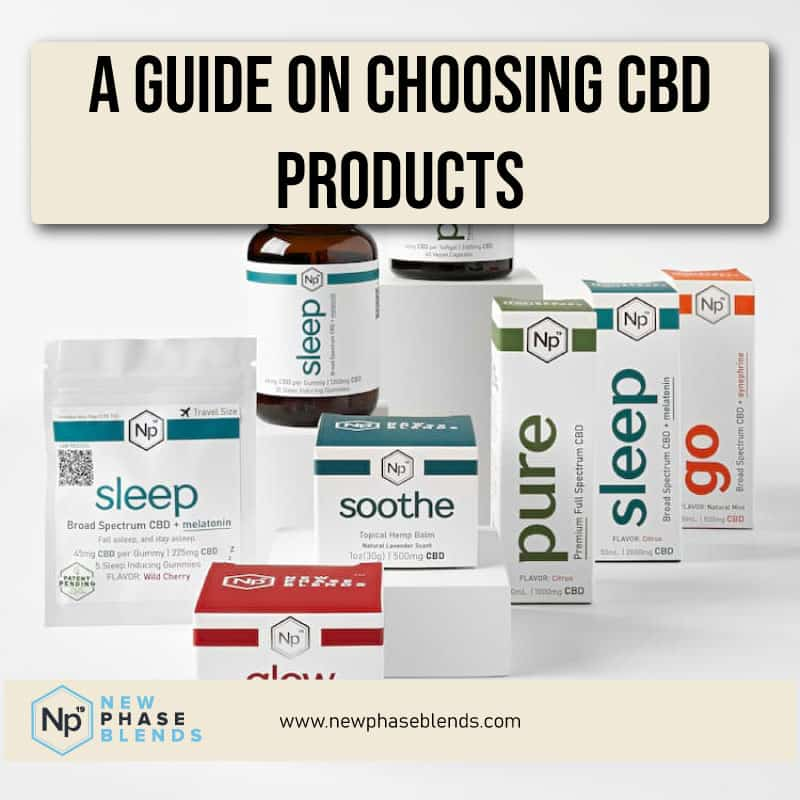When exploring CBD products, you’ll often encounter the term “carrier oil.” These oils play a crucial role in CBD formulations, and MCT oil has emerged as one of the most effective carriers. But what makes MCT oil particularly suitable for CBD, and how does this combination work to deliver optimal benefits?
As someone who has researched and tested various CBD formulations, I’ve found that the carrier oil can significantly impact both effectiveness and experience. This comprehensive guide explains why MCT oil stands out among carrier options and provides evidence-based insights into this powerful combination.
What Is MCT Oil?
Medium-Chain Triglyceride (MCT) oil contains fatty acids with medium-length chains (6-12 carbon atoms). These fatty acids are primarily extracted from coconut oil (approximately 50-65% MCTs) and palm kernel oil (approximately 45-55% MCTs).
MCT oil consists primarily of four types of MCTs:
- C6 (Caproic acid): 6 carbon atoms
- C8 (Caprylic acid): 8 carbon atoms
- C10 (Capric acid): 10 carbon atoms
- C12 (Lauric acid): 12 carbon atoms
The molecular structure of MCTs offers distinct advantages over long-chain triglycerides (LCTs) found in most other oils. Their shorter chain length allows for more efficient absorption and utilization in the body.
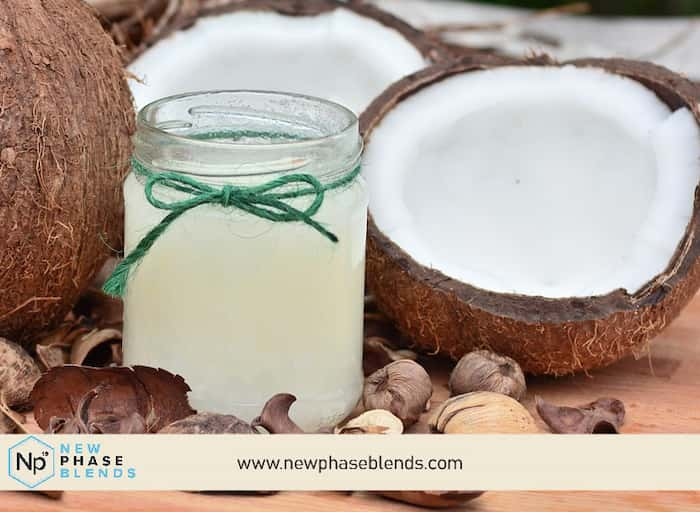
Why CBD Needs a Carrier Oil
CBD extract in its pure form presents several challenges:
- Bioavailability limitations: CBD is lipophilic (oil-soluble) but hydrophobic (water-repellent), making it difficult for the body to absorb effectively.
- Dosage precision: Pure CBD extract is highly concentrated, making accurate dosing extremely difficult without proper dilution.
- Absorption efficiency: Without a carrier, CBD struggles to cross cellular membranes and enter the bloodstream efficiently.
- Stability concerns: Pure CBD extract is susceptible to degradation from light, heat, and oxygen exposure.
Enhancing Bioavailability of CBD Through the Use of MCT OIL
The combination of CBD with MCT oil addresses these challenges through several evidence-based mechanisms:
Optimized Absorption Pathway
MCT oil possesses a unique property that makes it ideal for CBD delivery. As explained in a 2020 study from the International Journal of Molecular Sciences, MCTs have a molecular structure that is:
- Long enough to avoid rejection by gut bacteria
- Short enough to bypass complete digestion in the liver
This creates an ideal “Goldilocks zone” where CBD can travel directly into the bloodstream via the lymphatic system rather than undergoing extensive first-pass metabolism in the liver.
Enhanced Sublingual Delivery
When CBD MCT oil is administered sublingually (under the tongue), the capillary-rich tissues absorb the MCT-bound cannabinoids directly. This pathway allows CBD to enter circulation within 15-25 minutes, compared to the 1-2 hours typically required for oral ingestion of CBD in other carriers.
A comparative bioavailability study published in Molecules found that CBD delivered in MCT oil showed approximately 1.4x higher peak blood concentrations compared to the same dose delivered in long-chain triglyceride oils.
Clinical Applications of CBD MCT Oil
The enhanced delivery system of CBD in MCT oil makes it particularly effective for several applications:
Pain Management
For pain relief applications, the rapid absorption of CBD MCT oil provides faster onset of effects. The MCT carrier enables CBD to quickly reach cannabinoid receptors involved in pain modulation throughout the peripheral and central nervous systems.
When dealing with acute or breakthrough pain, this faster delivery system can be particularly beneficial. Many users report noticeable effects within 15-30 minutes of sublingual administration, compared to 60+ minutes with other carrier oils.
Anxiety and Stress Response
Studies investigating CBD’s anxiolytic (anti-anxiety) properties have found that timing and bioavailability significantly impact effectiveness. The rapid absorption facilitated by MCT oil allows CBD to interact more quickly with serotonin receptors (particularly 5-HT1A), which play a key role in anxiety modulation.
This makes CBD MCT oil formulations potentially more effective for acute anxiety situations where rapid onset is desirable.
Skin Health and Topical Applications
When applied topically, CBD MCT oil offers dual benefits:
- Enhanced penetration: MCT oil’s molecular structure allows it to penetrate the skin barrier more effectively, delivering CBD to subcutaneous tissues.
- Complementary benefits: Recent research from Nutrition Issues in Gastroenterology demonstrates that MCT oil itself possesses:
- Anti-inflammatory properties
- Antimicrobial activity against certain skin bacteria
- Barrier-strengthening effects on the epidermis
This makes CBD MCT oil particularly effective for addressing skin conditions like acne, where research shows CBD can help:
- Normalize excessive sebum production
- Reduce sebocyte proliferation
- Calm inflammation associated with breakouts
How to Select Quality CBD Oil Products That Use MCT Oil
When evaluating CBD oil products, consider these critical factors:
Source and Extraction Method
Look for:
- Hemp sourced from organic, US-grown farms
- CO2 extraction methods (cleaner, solvent-free process)
- Full spectrum or broad spectrum options that leverage the entourage effect
- Certificates of Analysis (COAs) from third-party laboratories
MCT Oil Quality
Premium MCT oil should:
- Be derived primarily from coconut rather than palm oil (more sustainable)
- Contain predominantly C8 and C10 MCTs (optimal absorption)
- Be refined using chemical-free processes
- Include no artificial additives or fillers
Concentration and Potency
Quality CBD MCT oil products should clearly indicate:
- Total CBD content (mg per bottle)
- Concentration (mg per mL)
- Full cannabinoid profile
- Terpene content (if applicable)
DIY Guide: Making Your Own CBD MCT Oil Tincture
For those interested in creating personalized formulations, here’s a step-by-step guide to making your own CBD oil tincture with MCT oil:
Materials Needed:
- High-quality CBD extract (isolate, broad-spectrum, or full-spectrum)
- Pharmaceutical-grade MCT oil
- Glass tincture bottle (30mL) with calibrated dropper
- Digital scale (0.01g precision)
- Glass mixing rod
- Small glass beaker or heat-resistant container
- Double boiler or water bath setup (optional)
Procedure:
- Calculate desired concentration: Determine your target potency. For example, for a 1000mg CBD tincture in 30mL, you would need 1000mg (1g) of CBD extract.
- Measure ingredients: Weigh your CBD extract precisely using a digital scale.
- Gentle heating (optional but recommended): Create a water bath by placing your glass beaker in warm water (approximately 110°F/43°C).
- Combine ingredients: Add your CBD extract to the glass container, then slowly incorporate the MCT oil.
- Homogenization: Stir gently but consistently for 3-5 minutes until the CBD is fully dissolved in the MCT oil.
- Transfer to tincture bottle: Using a small funnel, carefully pour your mixture into the glass tincture bottle.
- Label and store: Create a detailed label with concentration, date, and ingredients. Store in a cool, dark place.
Expert Tip: Adding food-grade terpenes (0.1-0.5%) can enhance flavor and potentially increase effectiveness through the entourage effect. Popular options include limonene (citrus), linalool (lavender), and β-caryophyllene (pepper).
Understanding Dosage and Administration
Sublingual Administration
For maximum bioavailability:
- Place desired drops under the tongue
- Hold for 60-90 seconds before swallowing
- Start with 10-15mg and gradually increase as needed
Oral Consumption
When swallowed directly:
- Consider taking with a small fatty meal to enhance absorption
- Expect longer onset time (45-75 minutes)
- Effects may last longer (6-8 hours vs 4-6 hours for sublingual)
Topical Application
For localized benefits:
- Apply directly to affected areas
- Gently massage until absorbed
- May combine with other therapeutic topicals
Beyond CBD: Additional Benefits of MCT Oil
MCT oil itself offers complementary benefits that enhance CBD formulations:
Cognitive Support
Research from Acme Hardesty suggests MCTs provide:
- Rapid source of ketones for brain energy
- Potential neuroprotective properties
- Enhanced mental clarity when used regularly
Metabolic Benefits
Studies indicate MCT oil may:
- Support healthy metabolism
- Promote satiety (feeling full)
- Aid in energy production and utilization
Comparing CBD Carrier Oils: Why MCT Stands Out
| Carrier Oil | Absorption Rate | Shelf Stability | Flavor Profile | Cost-Effectiveness |
|---|---|---|---|---|
| MCT Oil | Excellent | 2+ years | Neutral | High |
| Hemp Seed Oil | Good | 6-12 months | Nutty | Medium |
| Olive Oil | Moderate | 1-2 years | Distinctive | Medium |
| Grapeseed Oil | Good | 3-6 months | Light | Low |
FAQs About CBD MCT Oil
Is CBD MCT oil legal?
CBD products derived from hemp containing less than 0.3% THC are federally legal in the US following the 2018 Farm Bill. However, state regulations vary, so it’s important to check local laws.
How quickly does CBD MCT oil work?
When administered sublingually, effects typically begin within 15-30 minutes. Factors affecting onset time include individual metabolism, dosage, and whether it’s taken with food.
Can I cook with CBD MCT oil?
While possible, it’s not recommended to expose CBD MCT oil to high temperatures (above 320°F/160°C) as this may degrade the cannabinoids. Low-temperature cooking or adding to prepared foods is preferable.
Does CBD MCT oil require refrigeration?
No, proper storage involves keeping it in a cool, dark place away from direct light and heat. Refrigeration is optional but may extend shelf life.
Conclusion: The Future of CBD Delivery Systems
As research into cannabinoid science advances, the importance of effective delivery systems becomes increasingly clear. MCT oil has established itself as the gold standard carrier for CBD due to its optimal molecular structure, neutral flavor profile, and complementary health benefits.
For those exploring CBD products, understanding the critical role of the carrier oil—particularly MCT oil—provides valuable insight into product selection and potential effectiveness. With continued research, we can expect even more refined formulations that maximize the therapeutic potential of this remarkable combination.



